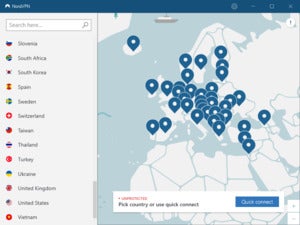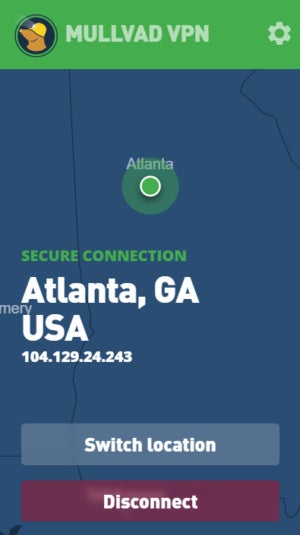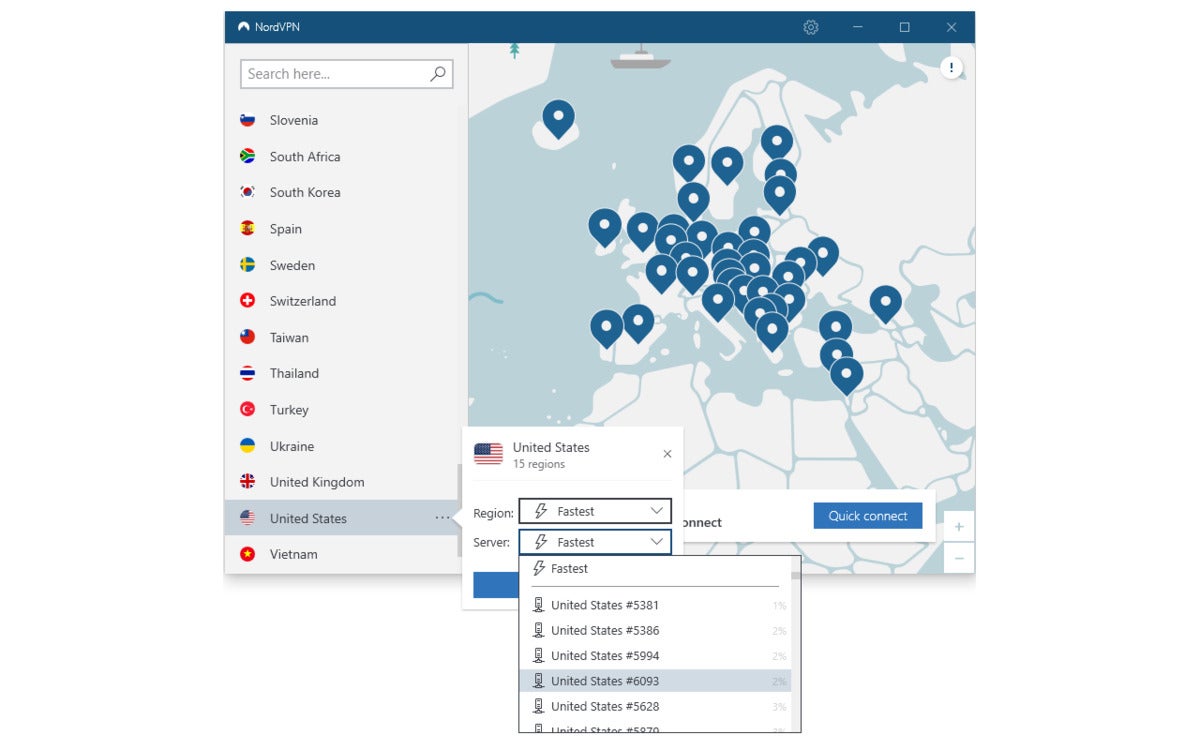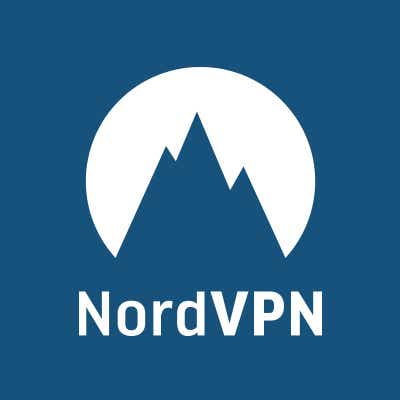Updated to reflect the most recent versions of NordVPN and Mullvad.
Choosing a VPN is a challenge when there are so many available—as our comprehensive roundup of VPN reviews demonstrates. Everywhere you look online, some service is offering to help obfuscate your location and protect your browsing habits from internet service providers (ISP) and anyone else lurking around the web.
Before plunking down your cold hard credit card number, however, there are many questions to ask. Can you trust the company? What are the speeds like? Is there a desktop app and is it easy to use? How many country locations are there, and can you still watch Netflix while connected?
Let’s take a look at two of the most popular VPN choices—Mullvad and NordVPN (the former is our current top pick for a VPN)—to understand how they differ and figure out which one is right for you.
The Windows app
The primary way we interact with a VPN is through its desktop app. A bad app may not be a deal breaker, but something that’s easy to use just makes things simpler.
 IDG
IDG
NordVPN’s default view.
NordVPN on Windows uses an interactive map to help you connect to the location you want. This can be a little overwhelming from the zoomed-out view (especially if you’re looking at Europe), but zoom in and everything becomes clearer. NordVPN also provides a list view of locations, as well as the ability to drill down into specific servers.
Mullvad offers a single-pane app with a non-interactive map. It’s a vast improvement over what the company had before, but it doesn’t quite rise to the level of NordVPN’s excellent mix of simplicity and power-user complexity.
Winner: NordVPN
Speed
A VPN is useless if your internet connection slows to a crawl. In our tests, both VPNs busted out high-speed performances, with NordVPN recently pulling in a resounding victory: NordVPN kept 60.40 percent of the base speed across five different country locations, while Mullvad retained 52 percent.
Winner: NordVPN
Privacy and anonymity
![Network World: IoT Hacks [slide-09] > Insecurity Cameras > Home webcams + unsecured security cameras](https://images.idgesg.net/images/article/2018/06/nw_ss_strange_and_scary_iot_hacks_slide_09_surveillance_camera_binary_world_security_privacy_by_bluebay2014_getty_images_1200x800-100762622-large.jpg?auto=webp&quality=85,70) BlueBay2014 / Getty Images
BlueBay2014 / Getty ImagesBoth Mullvad and NordVPN are big on not tracking you. NordVPN says it doesn’t log any of your activity, though it does maintain a timestamp of your last session status, which is deleted within 15 minutes of you terminating a connection. Mullvad also has a no-logs policy and says all data is sent to dev/null, a nonexistent directory on Linux machines.
When it comes to protecting your identity, Mullvad really excels. NordVPN only requires an email, which is already pretty good, and you can easily use a throwaway address to manage your account.
Mullvad, however, doesn’t even want that much information. When you sign up it assigns a random account number that is your only way to access your account. No passwords that might accidentally reveal identifying information, no email address, nothing.
Winner: Mullvad
Trust
 IDG
IDG
Mullvad VPN
A key component to trusting a company with your data and privacy is identifying who runs the company and where they are in the world. That’s easy with Mullvad, but until recently it was harder with NordVPN.
The company is finally starting to be transparent about who’s in charge over there, with company co-founder Tom Okman going public. NordVPN also tries to improve trust with third-party audits of its no-logs policy. The reports validate most of the company’s claims; however, the audits were contracted in such a way that NordVPN is prevented from publishing them in full for the public—though NordVPN customers can read them online from their account dashboard.
Winner: Mullvad
Price
When it comes to price, NordVPN has the cheaper plan, if you pay for three years upfront. The company’s three-year plan costs a little less than $108, or just under $36 per year.
If you choose to pay year-by-year instead, it comes out to about $84 per year; a per-month plan is $12 per month.
Mullvad’s pricing scheme is much simpler. The company charges you €5 per month, which at this writing is about $5.70.
So where does that leave us? Overall, NordVPN has the cheapest plans, but if you need a month-to-month VPN at a reasonable price it’s hard to beat Mullvad, as most VPNs charge $10-$12 for a single month.
Winner: Tie
Netflix
A popular use for a VPN when you’re overseas or just securing your connection away from home is watching Netflix. Mullvad doesn’t make any promises about being able to view Netflix, but NordVPN does. The last time we checked, NordVPN was making good on its promise. Mullvad users may occasionally find they can connect to Netflix, but it’s more of a happy accident than a guaranteed feature.
Winner: NordVPN
Country choices
 IDG
IDG
NordVPN’s server lists are easily accessible.
Mullvad runs its own network of servers and offers 33 country locations and more than 300 servers. NordVPN is closer to double that at 58 countries and more than 3,000 servers.
Winner: NordVPN
Platforms
Mullvad offers apps for Windows, Mac, and Linux. There are also apps for Android and iOS.
NordVPN also has apps for Windows, Mac, Linux, Android and iOS.
Winner: Tie
Conclusion
If you do a straight count of the categories above, NordVPN is ahead by two (three if the call on pricing upsets you). The speed, privacy, and trust categories are weighted more heavily since they are the key components of a VPN in our book. For that reason, we’re recommending Mullvad, which should come as no surprise since it’s the top pick in our VPN roundup.
The bottom line is that Mullvad checks almost every box including speed, trust, and security. There are numerous reasons to trust its service with your data. NordVPN has a long track record of service, and has an amazing product. Still, we want even more transparency about leadership and the team running the operation before reconsidering.
By our calculation there’s just no question. When it comes down to NordVPN vs. Mullvad, the latter is the clear winner.



